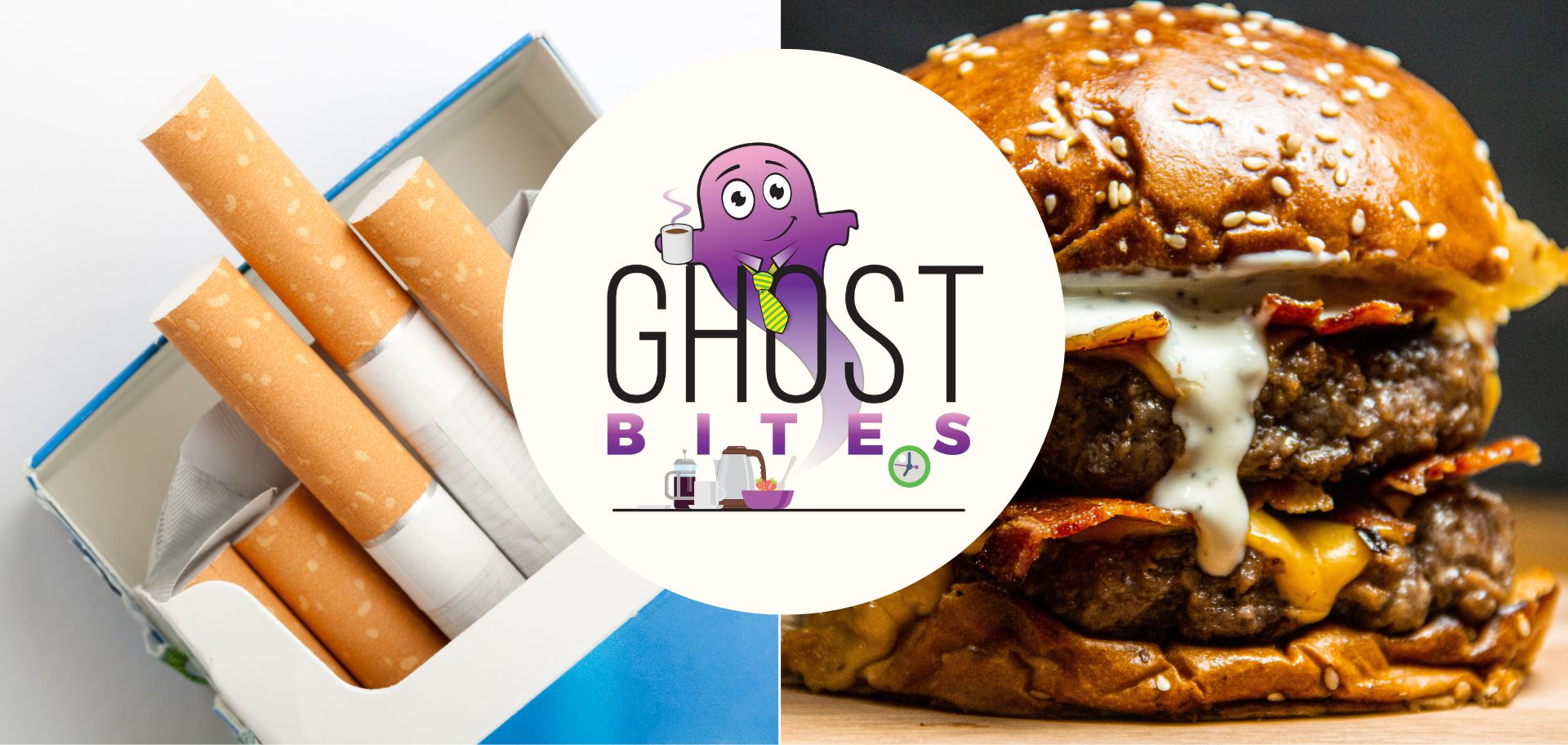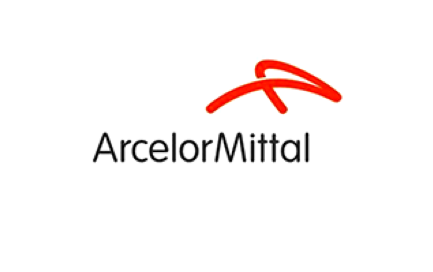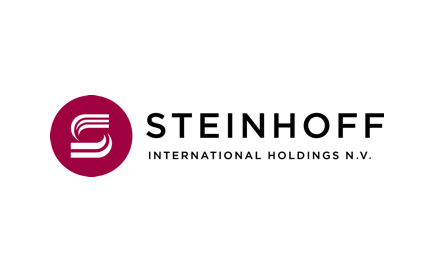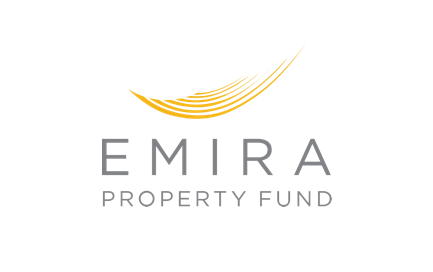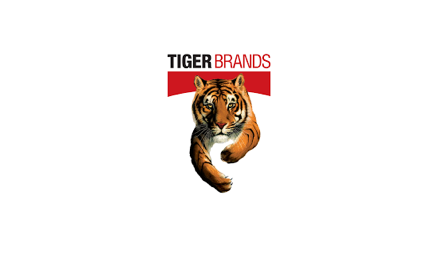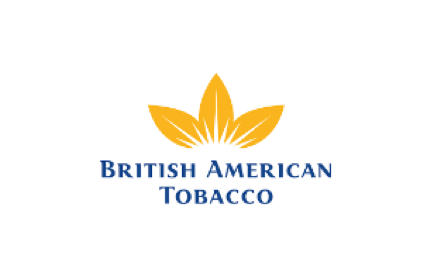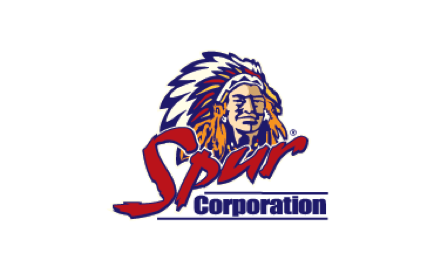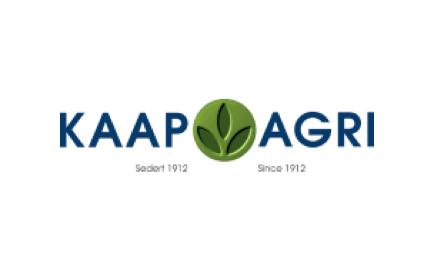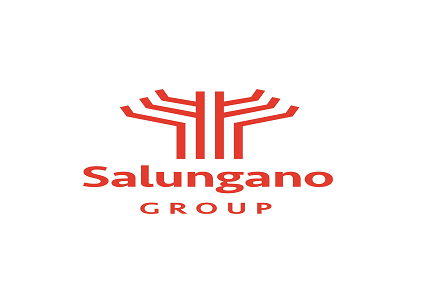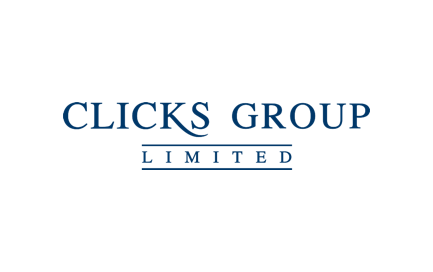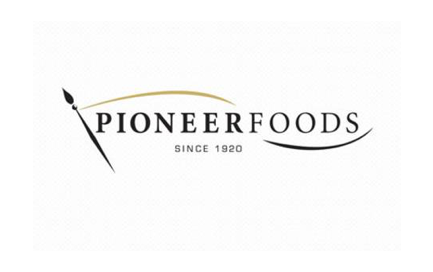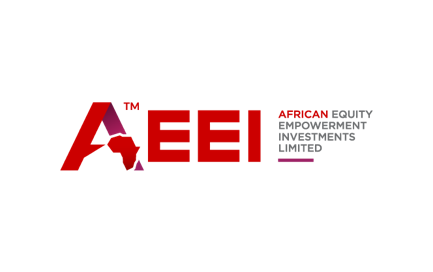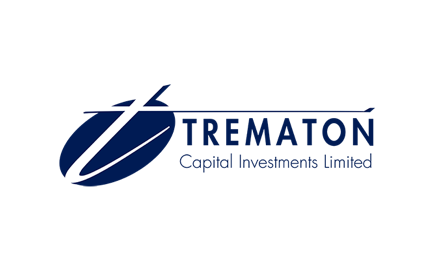ArcelorMittal releases annual results
The share price barely budged, with the market knowing what was coming
In the year ended December 2022, ArcelorMittal dealt with a significant decrease in sales volumes, mitigated to some extent by a 6% increase in realised dollar steel prices for the full year. The second half of the year saw pressure on selling prices though.
Despite substantial process made in reducing expenses, EBITDA was still down 50% and headline earnings fell 62%. Net debt increased from R1.26 billion to R2.81 billion, so the balance sheet reflects the much tougher year that the company just survived.
Still, return on equity in 2022 was 25.2%. There’s nothing wrong with that. It just looks horrible year-on-year after the blowout result of 120.3% in 2021.
To give you an idea of how cyclical the company is, the share price is up 209% over 3 years but is down 60% over the past 12 months! Strong stomachs only need apply.
British American Tobacco is still a cash cow
100% operating cash conversion is the real story here, not the nauseating attempts at ESG
If you want to read the most irritating ESG commentary in the market (accompanied by a TRADEMARKED term for ESG, of all things), then British American Tobacco is for you. The best approach is to ignore the tobacco guilt section and just look at the numbers.
Much as the company would have you believe otherwise, it’s still all about selling cigarettes to people. For the year ended December, revenue was £27.6bn and just over 10% of that came from the New Categories: products that allow people to blow fruit-flavoured smoke all over the place.
They hope that New Categories will be profitable by 2024, one year ahead of plan. It hardly matters, as the segment is tiny in the group context. I think most shareholders just see it as a necessary tax on the rest of the business.
Reported operating margin was lower but the group attributes this to once-off issues, with adjusted operating margin up by 150 basis points. The most important news is 100% conversion of operating profits into cash, which enabled the company to return £6.9bn to shareholders in 2022.
This is a slow growth but defensive business, with adjusted diluted EPS up 5.8%. The dividend is up 6%.
Globally, tobacco industry volume is expected to be down 2% in 2023. Against this backdrop, it’s all about the cash, with a plan to generate £40 billion in free cash flow over the next five years.
Emira’s earnings are up
And there’s an interesting technical point about trading statements
For non-property companies, a trading statement needs to be released when the management team is reasonably sure that earnings will differ by 20% (up or down) vs. the prior period. For property companies, the trigger is a 15% difference in distribution per share, which is a different way of thinking.
Sending the share price over 4% higher in the process, Emira released a trading statement with an expectation of distribution per share increasing by between 15% and 17.5% for the six months ended December.
Kaap Agri is killing it
The company couldn’t resist taking advantage of the AGM
Usually, an AGM is dryer than a McDonald’s burger that was left in the sun. Some companies take advantage of the event by giving an update on trading conditions, which is exactly the approach Kaap Agri took. With numbers like these, I’m not surprised.
For the first three months of 2023, like-for-like revenue increased by 17.8%. This is the right metric to use, as overall revenue is vastly higher (73.8%) because of the acquisition of PEG Retail Holdings. Sales have also been significantly boosted by fuel price inflation, which takes group inflation to 26%. Without fuel, it’s only 12.5%.
Even excluding PEG, volumes were 6.3% higher across the rest of the business. That’s very strong. Fuel volumes excluding PEG fell by 3.2%, which the group notes is better than the rest of the industry.
With PEG out of the equation, retail-related revenue grew by 7.5% and agri-related revenue was up 7.2%. Like-for-like expenses only grew 2.5% which is an astonishing performance. Excluding load shedding costs, the expenses actually fell by 1.8%!
Recurring headline earnings per share grew by 19.8% for the quarter. To make this result even better, the working capital cycle improved during the quarter with more efficient inventory ratios and other improvements.
Unsurprisingly, return on capital improved during the quarter. This was a terrific result. And despite numerous challenges in the economy, the full-year result is expected to be at the upper range of medium-term targets.
Despite this, Kaap Agri’s share price suffers from the mid-cap curse of trading at a low multiple:

A whole lotta burgers
Spur’s trading update for the six months ended December is excellent
Based on recent updates from property funds, we knew that restuarants were performing well again. Spur directly benefits from this, with franchised restaurant sales up by a whopping 31.5% year-on-year. There’s still a COVID impact in the base of course.
To give more context to the performance, Spur points out that sales grew 21.1% in the second half of the year vs. the first half when COVID played a much lower role. That’s impressive.
Clearly, South Africans still need a cold beer and something to do with the kids. Restaurants aren’t usually thought of as being defensive, but that model makes sense to me.
Spur was the top performing format in the group, up 33.6%. RocoMamas only grew by 14.6% and I’m not surprised based on my last trip to the restaurant a few months ago, as the format has lost its value proposition that made it so successful initially.
Speciality Brands were most impacted by the pandemic, as they rely on sit-down sales that inevitably include alcohol. An example is The Hussar Grill. That segment grew sales by a juicy 62.3%!
The percentage change in HEPS is meaningless as there are huge tax distortions in the base. It’s more useful to just consider the diluted HEPS range for this period of 134.79 cents to 138.28 cents. If I go back to the six months ended December 2019, diluted HEPS was 124.9 cents.
This means that Spur is finally running ahead of pre-pandemic levels. It’s been a journey.
Steinhoff tanks another 18%
I still don’t understand why anyone is buying it
Steinhoff’s plan was to sell a 6.5% stake in Pepkor in an accelerated bookbuild, which means institutional investors bid for shares at a discount to the prevailing share price. Without the discount, there’s no incentive for bidders.
Importantly, this doesn’t actually hurt other shareholders in Pepkor. The company isn’t issuing new shares at a discount. Pepkor has nothing to do with this actually, as Steinhoff sold shares that are already in issue.
The demand for Pepkor shares at a discount was so great that the size of the placing was increased to a stake of 7.2%, with Steinhoff raising R4.9 billion in the process. The shares were sold at a discount of 5.3% to Pepkor’s closing price the prior day.
So, why did the Steinhoff share price fall so hard? Perhaps because people have finally referred back to the deal on the table, in which shareholders will either have 20% of an unlisted company or 100% of sweet nothing.
In my view, at 36 cents per share, Steinhoff is still 36 cents too expensive.
Little Bites:
- Director dealings:
- This is a little bite with a potentially big impact. Sam Sithole has been appointed as a non-executive director of Tiger Brands. If you aren’t familiar with the name, Sithole co-founded Value Capital Partners back in 2016 after a strong career at Deloitte and then Brait. Value Capital Partners currently holds 3.45% of Tiger’s shares and these director appointments are usually the precursor to the company increasing its stake.
- There’s a switcheroo in the AEEI – Premier Fishing and Brands deal. The offeror is no longer AEEI, but is instead Sekunjalo Investment Holdings (a private company). This is to avoid the complications of a related party transaction under JSE rules. The Takeover Regulation Panel (TRP) will need to consent to this.

